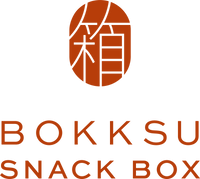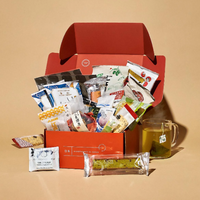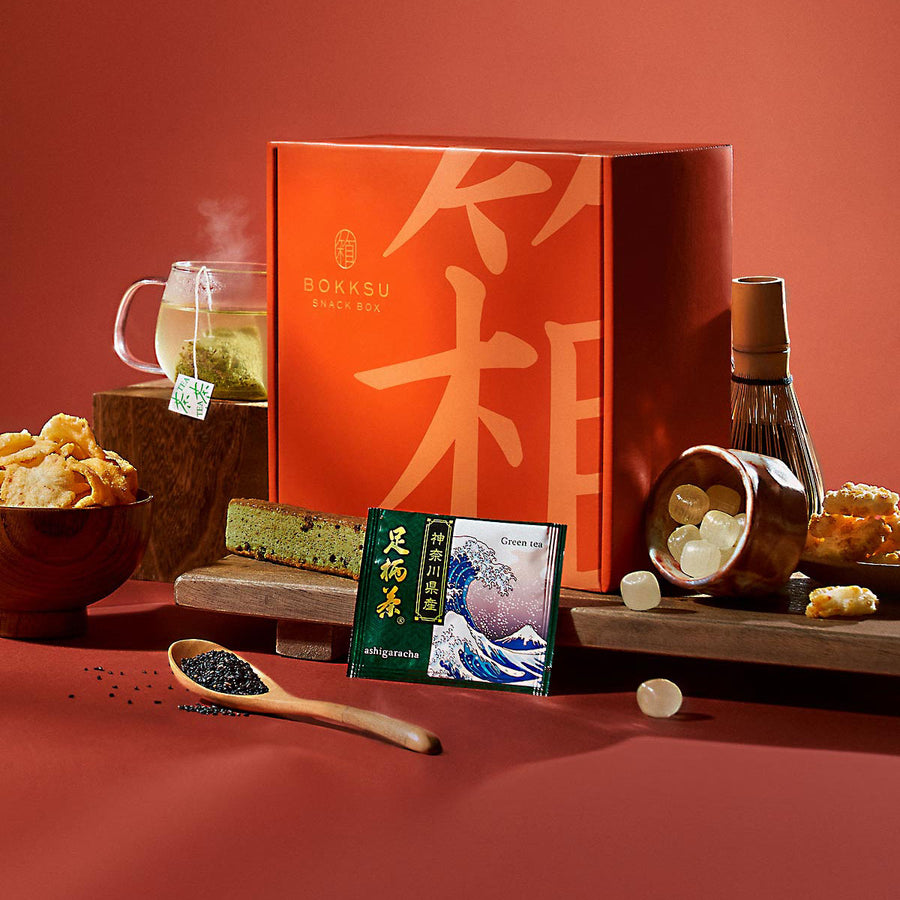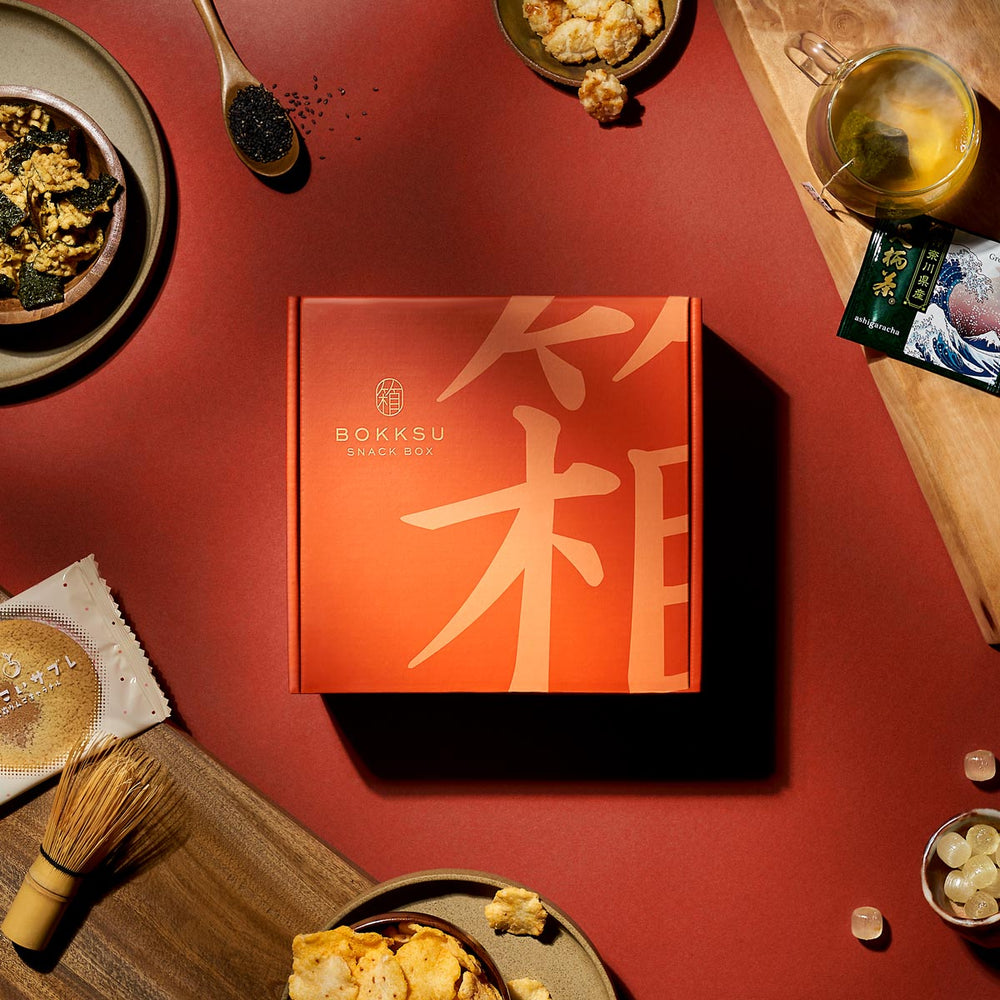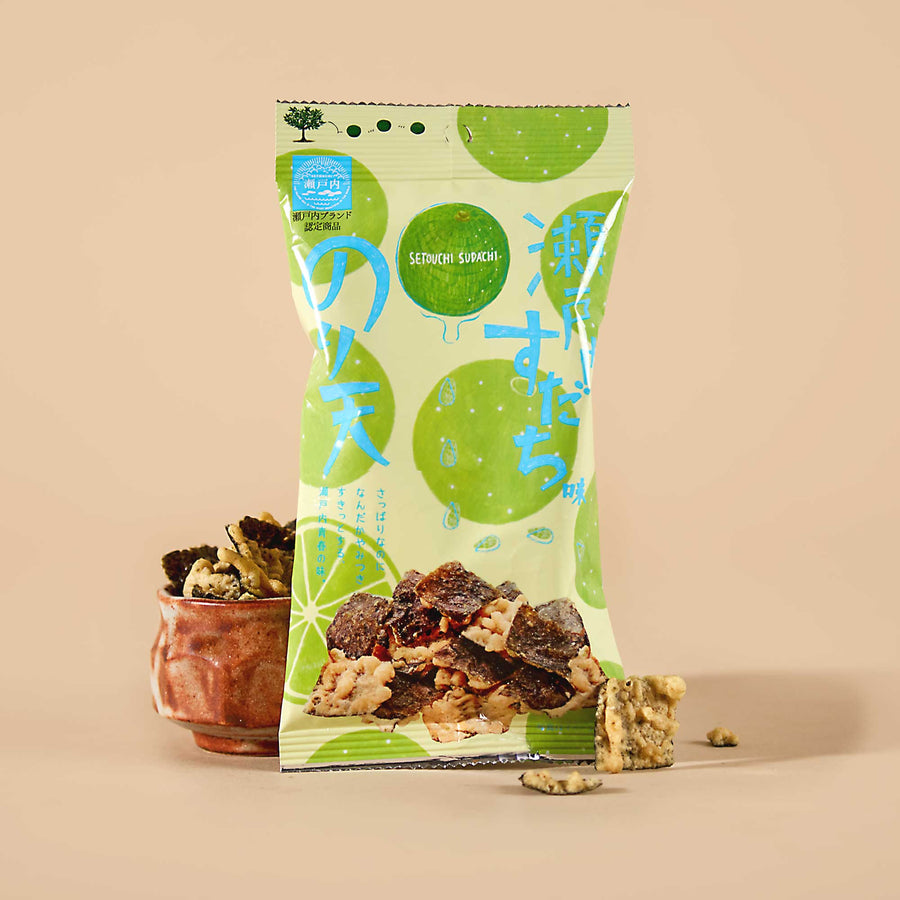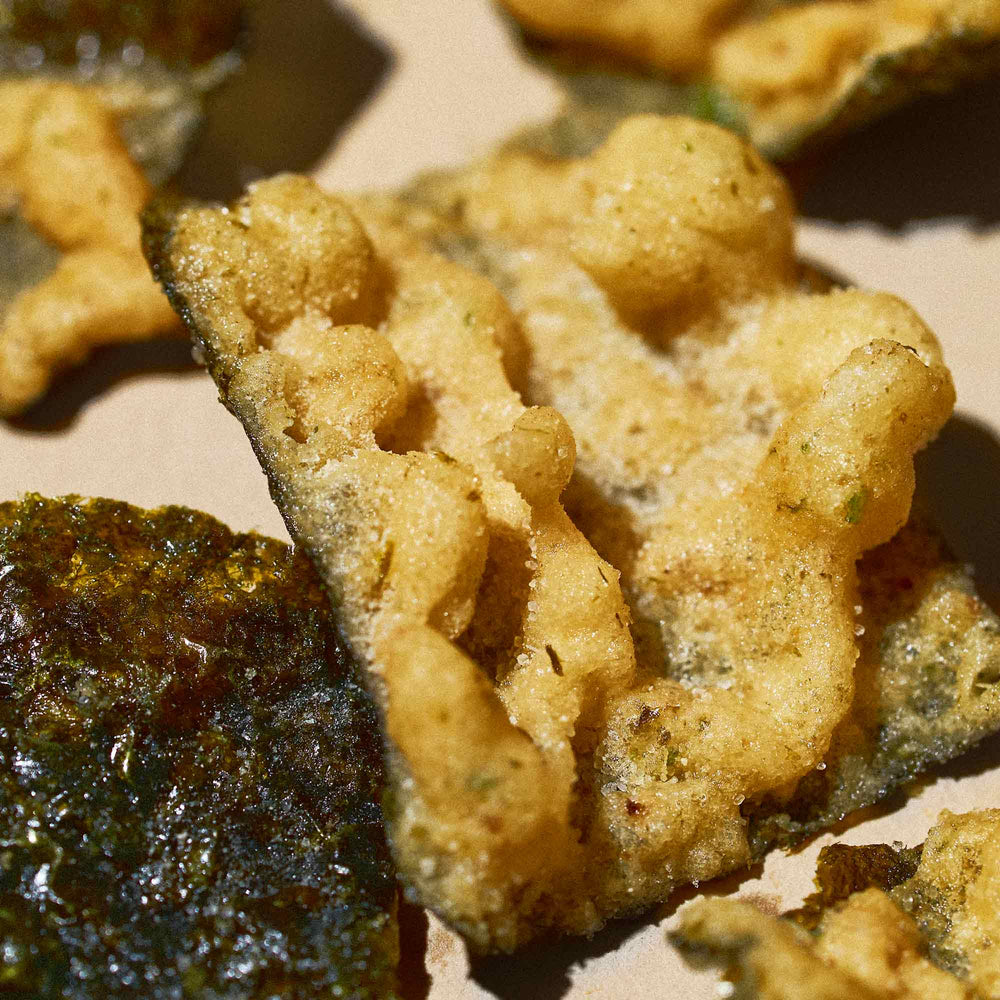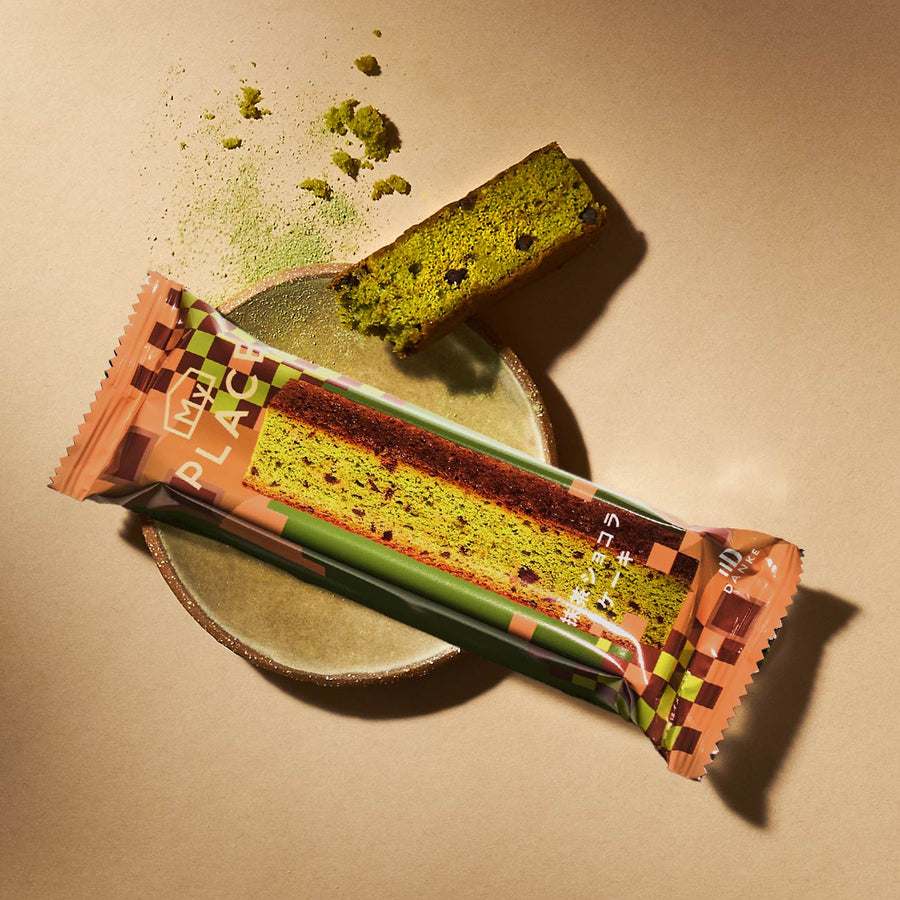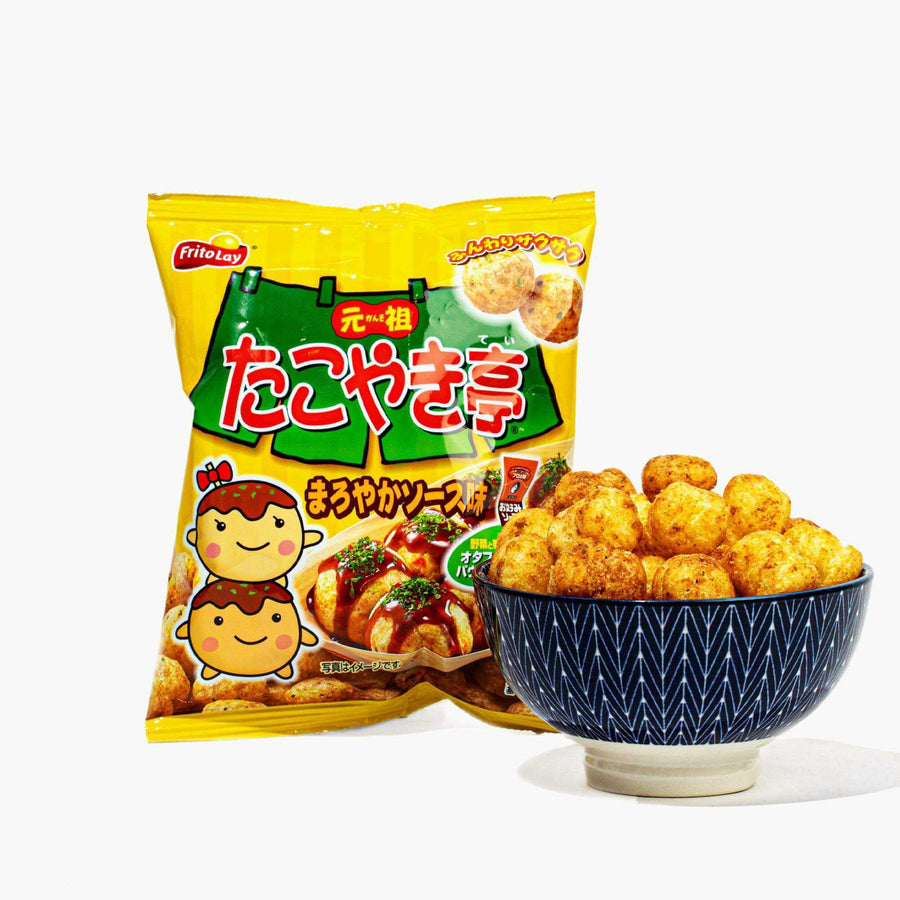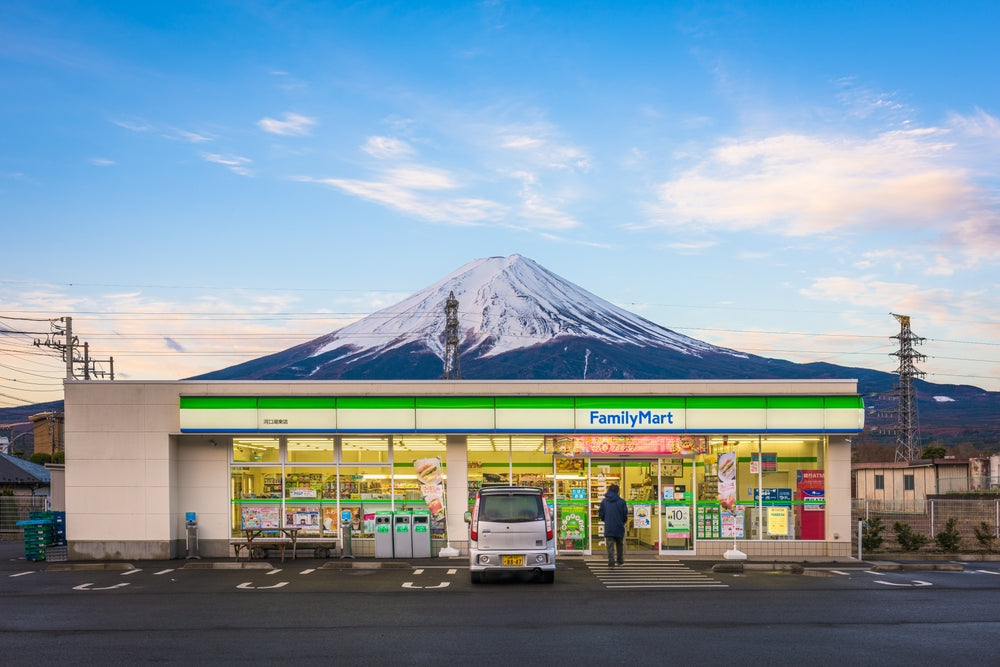Aisle by Aisle: Discovering Japan's Supermarket Wonders
Supermarkets in Japan are different from those in other countries. Known for their variety, quality, and meticulous presentation, these business establishments reflect the country’s culture and cuisine in their basic forms. If you’ve ever found Japanese supermarkets confusing or you simply want to learn more about them, we’ve got you covered. This post breaks down all of the intricacies surrounding supermarkets in Japan.
Introduction to Japanese Supermarkets

In a way, Japanese supermarkets are similar to those in other countries. They have the same bright lights, long aisles, and multiple staff members. They also offer the same types of foods, which range from fresh fruits and vegetables to frozen meat and canned goods. However, there’s some uniqueness about the shopping experience in Japanese supermarkets and grocery stores.
These establishments often prioritize high-quality seasonal and local products. Their customer service and product presentations are also second-to-none. You'll find lots of supermarkets in Japanese suburbs and small cities. However, they’re scarce in large cities, partly due to the abundant presence of convenience stores (konbini) in those areas. The convenience stores are significantly smaller than supermarkets, but their products are slightly more expensive. They also focus more on snacks and beverages than their retail counterparts. Unlike convenience stores, supermarkets don’t stay open for 24 hours. Hence, they lack a feature that people in busy metropolitan areas would appreciate.
A Tour of Tokyo's Premier Grocery Stores

A lot of the grocery stores and supermarkets in Japan are part of a chain. Some chains operate nationwide, while others stick to a specific region, like Tokyo. Each chain makes an effort to stand out from the others by their offering, appearance, or products. Some sell unique local goods, while others stock up on international foods. The following are popular local and international Japanese supermarket chains:
Ito-Yokado
Ito-Yokado is a Japanese retail chain with different department stores, shopping centers, and supermarkets. They currently have around 126 outlets in Japan, most of which are supermarkets where customers can buy all kinds of groceries, fashion items, general merchandise, drugs, and electronics. Ito-Yokado is one of the best places to buy products that are exclusive to the Japanese market. The company also has branches in China.
Seijo Ishii
The company owns a group of tax-free shops in the Kanto area, especially Tokyo and Yokohama. They use their unrivaled purchase and supply network to provide gourmet ingredients from all around the world. Offerings range from fresh fruits and imported wine to canned goods and foreign snacks.
Aeon
With over 20,000 stores in Asia, Aeon (stylized as ÆON) is arguably one of the largest Japanese retail chains. Their supermarkets are famous for offering quality goods at reasonable prices. They don’t just sell groceries but also clothing, cleaning supplies, and household products.
Seiyu
This is a Japanese retail group with more than 300 locations, including supermarkets, department stores, and shopping centers. They are famous for offering highly affordable prices on private-label and national brands. The supermarket also sells freshly cooked seafood, such as sushi and sashimi.
Izumiya
Izumiya is one of the major supermarket chains operating in the Kansai region. Many people know the company for issuing club cards, credit cards, and ETC cards. Most of their outlets are located in Japan, but they have a department store in China and a supermarket in Canada where they specialize in offering high-quality Japanese food and goods.
Meidi-Ya
This upscale supermarket chain is one of the best places to buy specialty products from the United States and European countries. Although headquartered in Tokyo, the company serves both Japan and Singapore. Meidi-Ya supermarkets stock an impressive array of gourmet food and drinks, fresh vegetables, fruits, meats, and seafood.
Maruetsu
Maruetsu is a local Japanese supermarket chain with offerings that focus on domestic products, ranging from fresh produce to national brands. This means that you may find locally-grown crops that may not look as appealing as imported ones but taste just as good, if not better. Maruetsu supermarkets are located in Tokyo, especially in the city’s northern region.
Kinokuniya
The Kinokuniya supermarket chain is not affiliated with the bookstore of the same name. It’s a fancy international retail chain that focuses on providing self-service shopping for expats, similar to supermarkets in the US. Although their prices can be high, the stores offer original and high-quality products from international brands.
What to Expect When Shopping in Japan

If you’re shopping at a supermarket in Japan for the first time, you may recognize a lot of the elements in the building, such as the aisle-based layout, multiple payment options, and varied products. However, there are certain facilities and practices that you may be unfamiliar with. This section will focus on those strange elements and customs. That way, you’re better prepared to make the most of your shopping experience. Below are the things you can expect in a Japanese supermarket:
Smaller shopping carts
Don’t expect to find large shopping carts at a Japanese supermarket. The shopping culture in the country is different from that of other parts of the world. In Japan, people visit supermarkets every few days, unlike in Western countries, where people shop once or twice a week. Hence, stores keep small shopping carts for the light shoppers that make up the majority of their customers.
Non-English-speaking staff
English is not an official language in Japan, so there’s a big chance the staff at the market don’t speak it. The supermarkets are designed to provide self-service shopping, so you don’t need to interact with staff often. But when you do, be sure to speak slowly and use universally recognizable gestures. The staff members take customer service very seriously and will be more than willing to help.
Loyalty rewards programs are available
Most supermarkets in Japan offer loyalty reward programs for long-term customers. If you’re relocating to Japan, be sure to enroll in these programs and start gathering points. This will save you money in the long run.
Abundance of prepared foods
You’ll find a wide variety of ready-made meals in these stores. They range from bento boxes and home-cooked snacks to sushi and tempura. These meals are highly affordable and you can get them hot or cold.
Specialty Products and Regional Delicacies

Japanese supermarkets are famous for offering specialty products and dishes that attract both culinary enthusiasts and casual shoppers. These meals were sourced, prepared, and distributed within the country using traditional techniques. They include the following:
-
Bento boxes: traditional lunch boxes in Japanese cuisine that typically contain rice, protein, and vegetables.
-
Traditional snacks: fried or baked foods such as takoyaki, chicken katsu, fish cakes, rice crackers, and mochi.
-
Local beverages: a variety of alcoholic and soft drinks, including green tea, sake, and ramune.
-
Seasonal produce: local fruits and vegetables available in certain seasons, such as apples (winter), cherry blossoms (spring), cucumber (summer), and sweet potato (autumn).
-
Premade seafood dishes: raw fish dishes like sushi rolls and sashimi.
-
Noodle dishes: mostly udon and soba noodles.
International Foods Section: A Taste of Home Abroad

The larger supermarkets contain international food sections that cater to expats and tourists looking for familiar tastes. You’ll find items like cheese, foreign beer, potato chips, imported wine, Mexican peppers, and Vietnamese sauces. International supermarkets include Meidi-Ya, National Azabu, Seijo Ishii, Kinokuniya, and Kaldi Coffee Farm. There are also some American chains in Japan, including Costco.
Innovative Technology and Services

One unique trait that has made Japanese supermarkets so successful over the decades is their willingness to adapt to changing times. With the rise of automation, modern supermarkets are using technology such as automated checkout to remove manual processes and limit human interaction. Many stores now use small digital displays known as electronic price labels, which provide information on each product. The software space is not left out. Chains like Daiei supermarket use apps to store customer data, help with navigation, and promote new products and deals.
Eco-Friendly Practices in Grocery Shopping

There’s a lot of pressure on global retail stores to maintain eco-friendly practices. Japanese supermarkets are making efforts to become more sustainable. In the past, there was an overuse of plastic wrap by these businesses. However, a lot of them have greatly reduced their plastic usage. Some go as far as placing recycling bins close to main entrances.
Best Supermarkets for Budget Shoppers

Budget shoppers in Japan want to avoid the larger mainstream supermarkets. Your best bet is to visit chains known for offering massive discounts and great deals on their products. Ask around for the nearest locations of the following supermarkets: Don Quijote, Gyomu Super, Niku no Hanamasu, ABS Oroshiuri Center, and Trial. Some of the more famous supermarkets start offering discounts on unsold lunch dishes at 19:00.
Tips for Tourists: Navigating Japanese Grocery Stores

Navigating any Japanese grocery store requires basic shopping etiquette and some additional knowledge. Keep the following tips in mind:
-
The supermarkets close at 21:00 or 22:00 in the evening.
-
Don’t open snacks on the premises, even after paying for them.
-
Learn a few Japanese phrases related to shopping.
Conclusion:

Your cultural journey in Japan will not be complete unless you explore Japanese supermarkets. They offer the best insights into the culinary and consumer habits of the country. Another way to experience Japanese culture through great food is to get a Bokksu Snack Box Subscription. We’ll send you a box of the best Japanese snacks and sweets every month.



